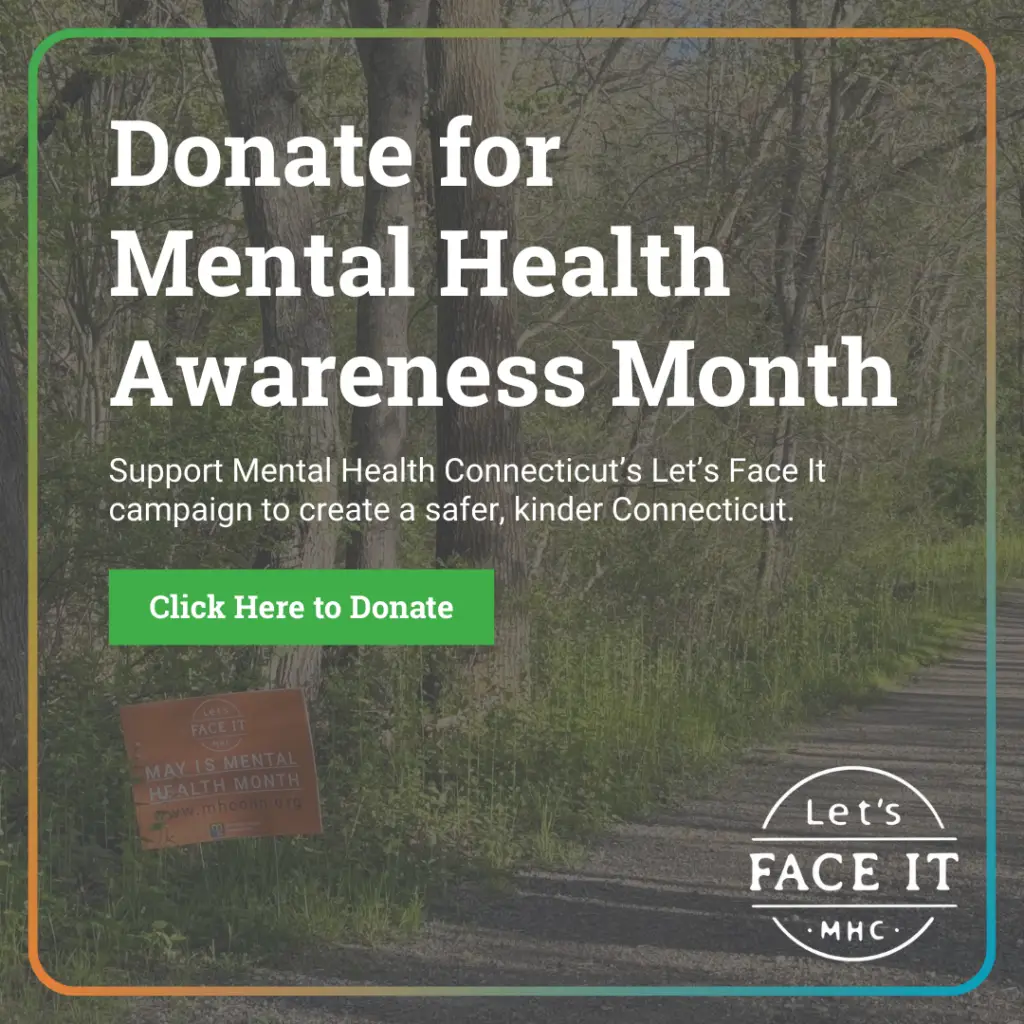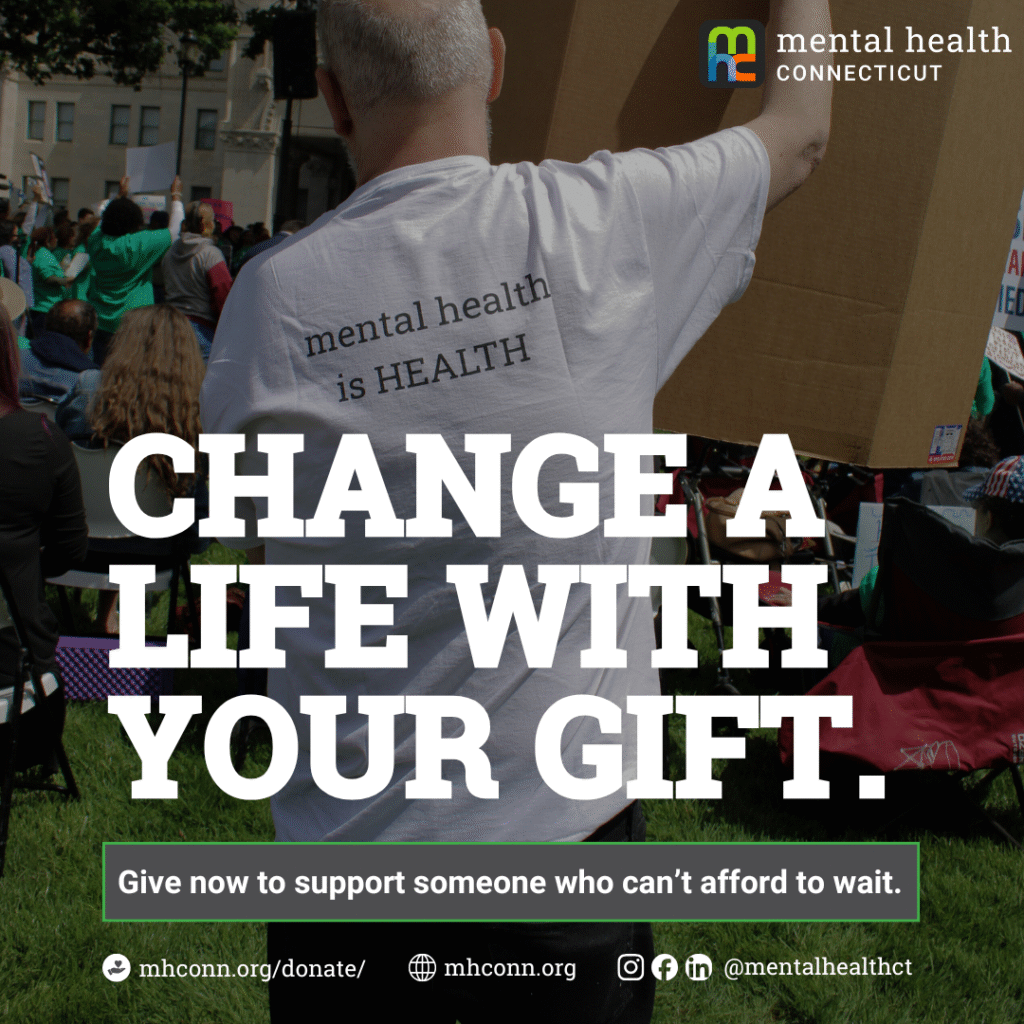This past weekend, a shocking act of violence in Minnesota added to the growing list of politically targeted crimes when Representative Melissa Hortman and her husband, Mark Hortman, were killed, and Senator John Hoffman and his wife, Yvette Hoffman, were shot.
Luis B. Pérez, LCSW, President & CEO of Mental Health Connecticut, reached out to colleague and friend Shannah Mulvihill, MA, CFRE, CEO of Mental Health Minnesota, to offer support and to understand what the human impact of this tragedy is. Shannah reflects, “I knew Representative Hortman as a compassionate public servant, and I will deeply miss her thoughtful approach and dedication to the greater good of all Minnesotans. I’ve worked closely with Senator Hoffman to strengthen our mental health system, and I pray for a full recovery for both him and his wife.”
From bombings to arson to shootings targeting public figures of both parties and their families, the rise of politically motivated violence threatens not just our democracy but our physical and mental safety. In fact, the ripple effects of politically charged violence reach every corner of society. What was once unthinkable has become, for many, an all-too-familiar reality.
“These acts shake our community’s sense of safety and raise concerns for leaders balancing their duties with the safety of their families. They fuel public discourse, from prayers and support to blame and disinformation,” says Shannah. “I’ve been reflecting on how to process my grief while holding onto hope for the future. As a leader, a parent, and a human, I must navigate toward hope.”
According to the American Psychological Association, shootings have a significant psychological impact. While survivors and witnesses often experience severe mental health issues like PTSD, anxiety, and depression, those who experience mass shootings through media are also affected.
High media exposure is linked to anxiety and stress, with constant media consumption creating a cycle of distress, which can lead to physical health problems, including cardiovascular conditions. People with prior trauma, those living closer to incidents, or individuals who strongly identify with the victims are at a heightened risk of developing mental health issues.
Anxiety and stress have become part of our daily lives, stifling open dialogue, deepening divisions, and taking a measurable toll on our mental health. As a democratic nation that values public discourse, we’re increasingly engaging in spaces where disagreement often outweighs connection and constructive dialogue. The question we must ask is: how do we move forward, prioritize our mental health, and create spaces that foster safety, understanding, and meaningful conversation?
Luis reflects, “At MHC, our mission is to partner with individuals, families, and communities to build environments that promote long-term health and wellness. In this moment of uncertainty and division, we must come together respectfully, human to human, to foster understanding, engage in honest dialogue, and work collectively toward the change our communities need. This is how we preserve and ensure the mental health of our communities.”
This call for unity echoes the views of Sarah Birch, Professor of Political Science at King’s College London, who underscores the collective responsibility of a society to reject violence: “A community that does not tolerate violence is much less likely to have violence. And I think it is down to every single citizen to condemn violence and to talk in such a way that makes it unacceptable.”
Beyond research and policy, the human response to tragedy speaks volumes. Shannah reflects, “After the tragedy, I spent time with my children, attended church, and discussed how to support Minnesotans with my staff. I connected with fellow advocates, received messages of empathy, and watched the news, hoping no one else would be harmed. I breathed a sigh of relief when the perpetrator was caught. And on Monday morning, I went to work, because that’s what we do. We keep working. We keep trying. We hold onto hope even in our darkest days.”
Coping mechanisms play a vital role in managing the emotional toll of these events. Simple practices such as mindfulness, deep breathing exercises, and regular physical activity can help mitigate stress and anxiety. Connecting with others through support groups or speaking with mental health professionals can also provide crucial outlets for processing complex emotions. Additionally, exercising your right to vote and supporting mental health initiatives can empower individuals and lead to change.
Equally important is the need to create safe environments, both physically and emotionally. This begins with fostering inclusive spaces where individuals feel heard, respected, and valued, spaces that actively promote non-violence and collaboration. Whether in our workplaces, schools, or homes, we can contribute to a culture of safety by setting clear boundaries and speaking out against harmful behaviors.
While the challenges posed by political violence are great, the collective strength of communities, whether in Minnesota, Connecticut, or elsewhere, that come together to support and advocate for peace and mental health will ultimately be the key to moving forward. Let us lean into this responsibility, providing compassion and understanding in a time when both are sorely needed.








